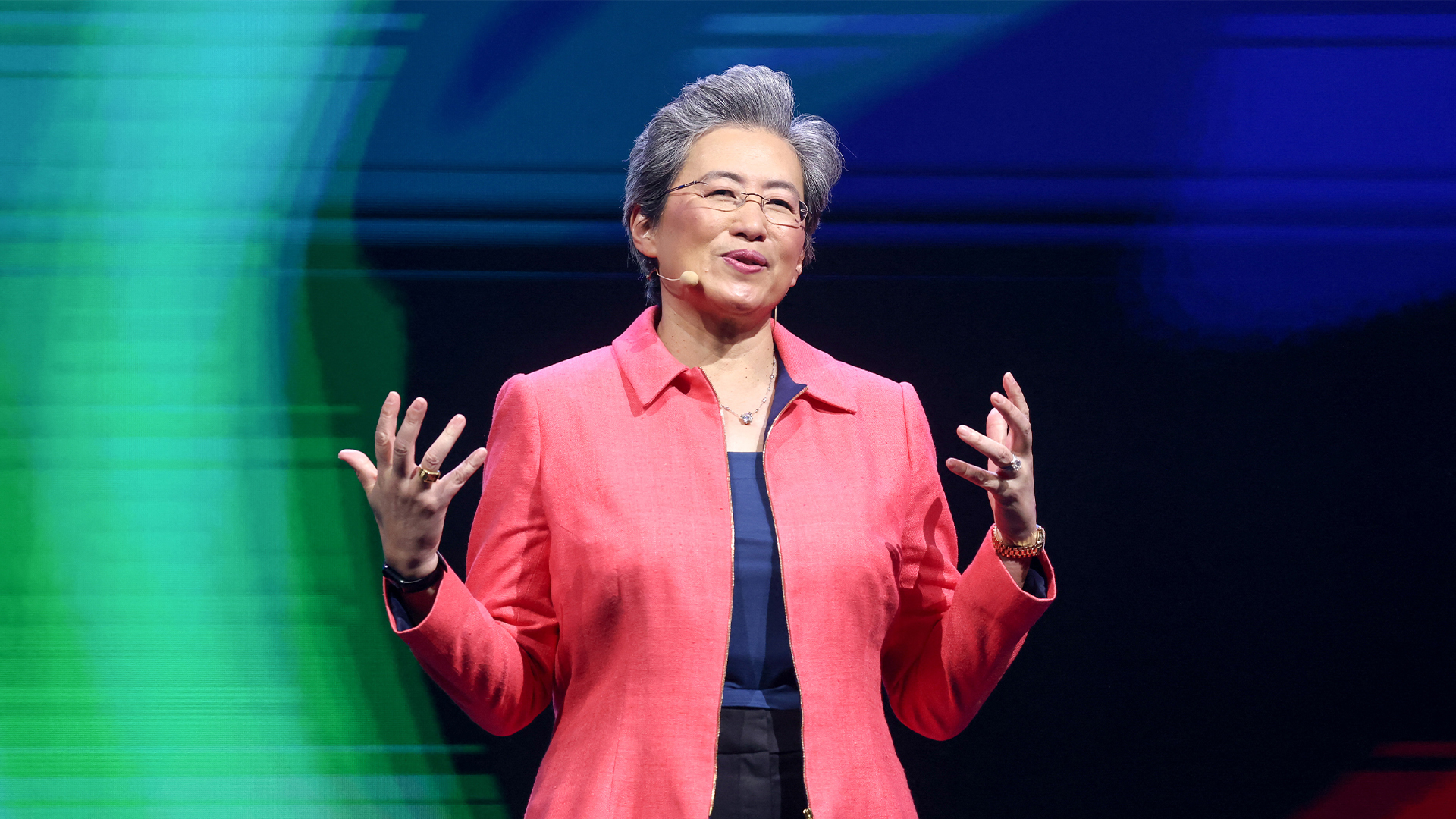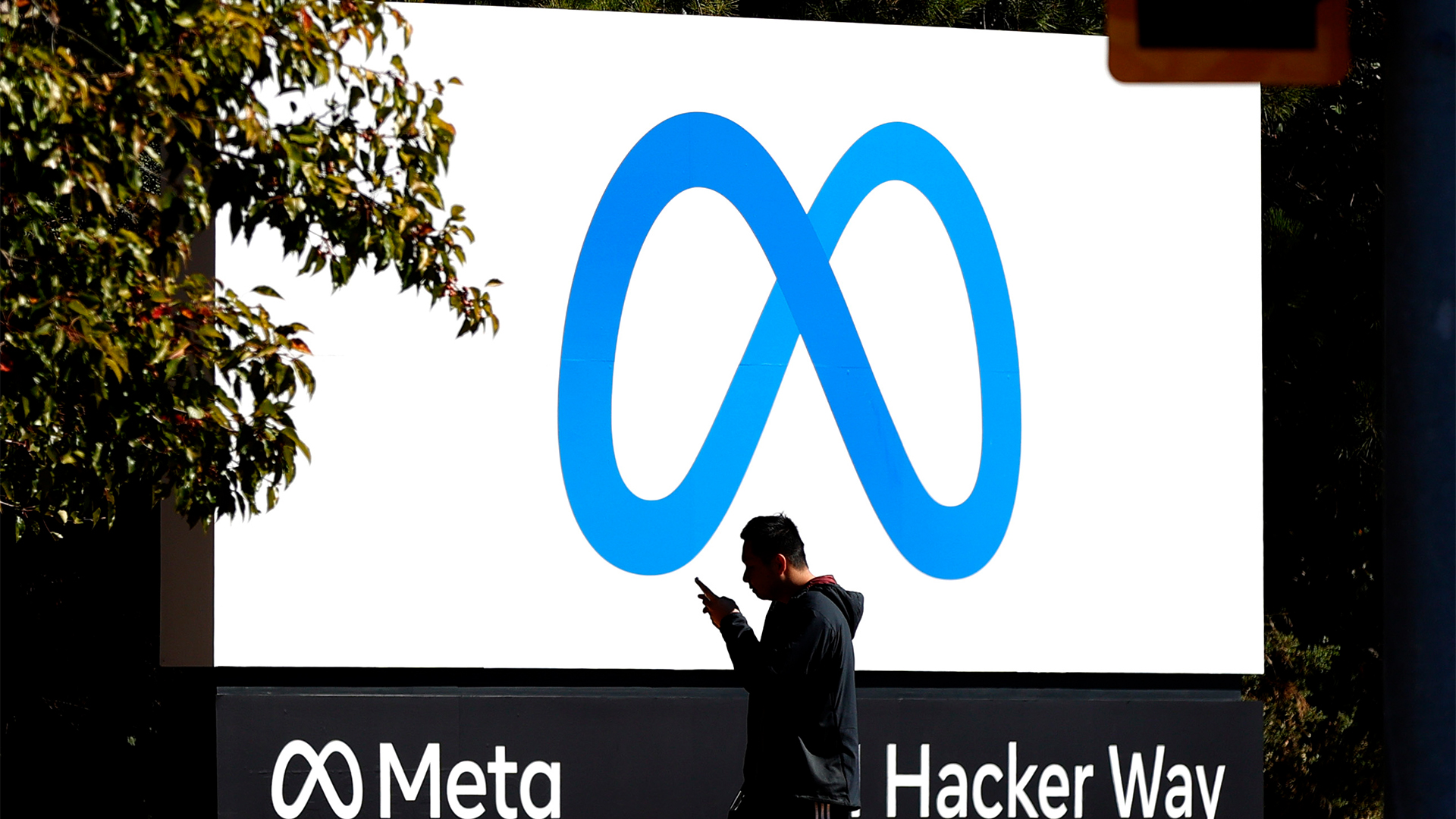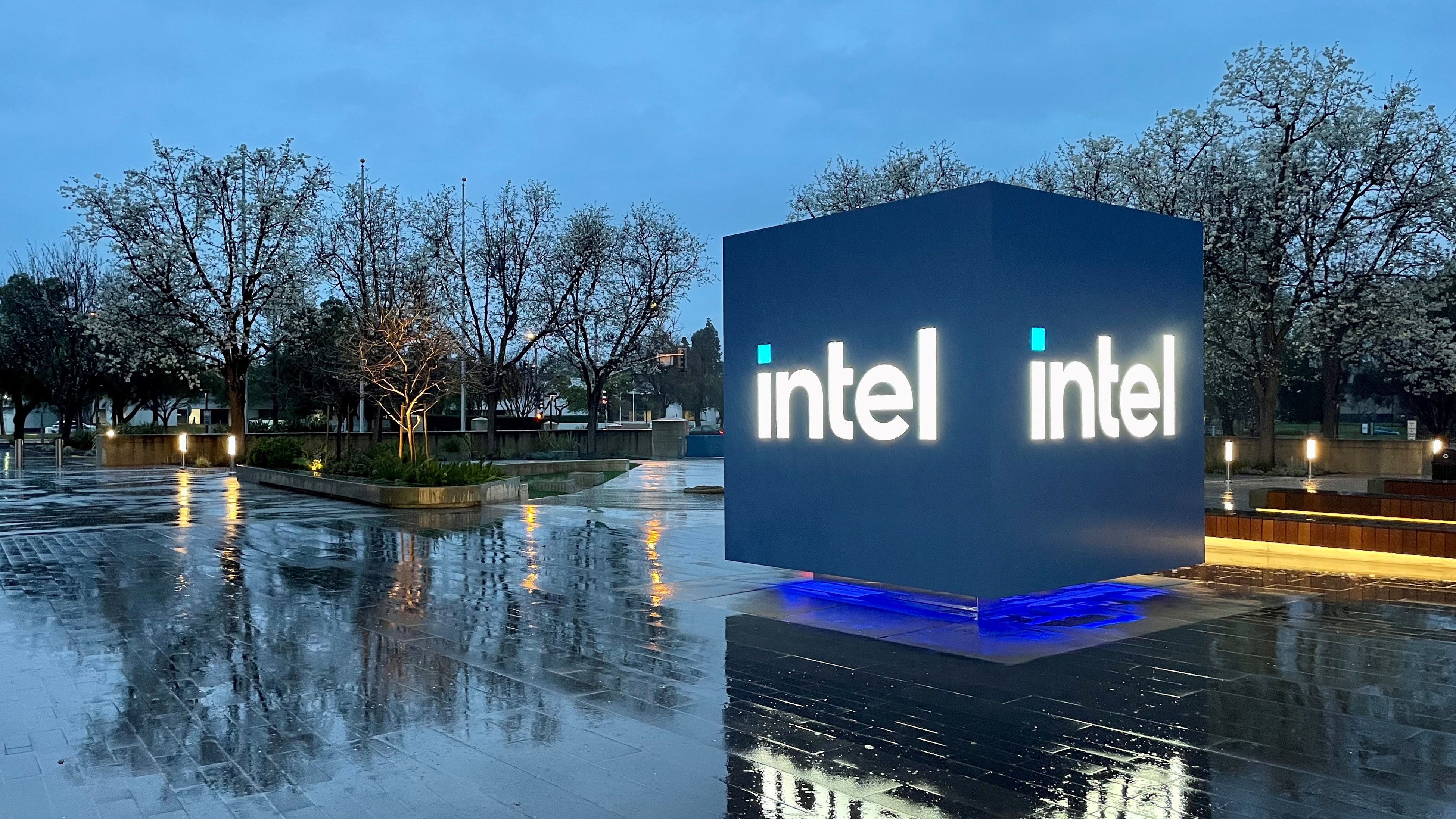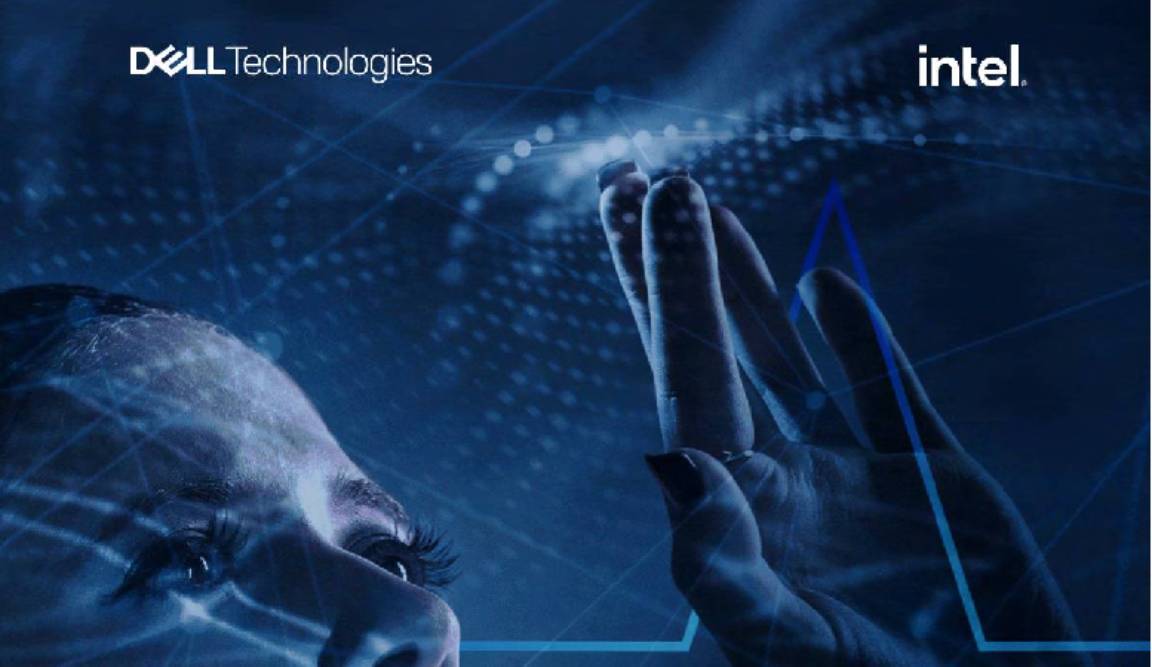HP ArcSight buy: The industry impact
HP agreed to acquire security software company ArcSight yesterday for $1.5 billion, but why and what does it mean for the tech industry?


ANALYSIS HP became the second major tech company in a month to make a giant splash in the security industry when it agreed yesterday to acquire ArcSight for $1.5 billion (972 million).
Last month, Intel announced the purchase of McAfee in a deal that was admittedly far bigger than HP's buy, but both may signal a shift in the security landscape, if not the technology sphere as a whole.
So why did HP make the move and what does it mean for the security segment and IT sector at large?
Predictable
Unlike Intel's McAfee purchase, HP's move yesterday was hardly a bolt out of the blue. Rumours had been circulating over the weekend and many had expected the announcement to arrive on Monday as it did.
"HP has always been on the list of companies we expected to make an acquisition in this area," Gartner vice president and distinguished analyst Mark Nicolett told IT PRO.
"[ArcSight's] technology is broad scope monitoring technology for security events. Any company that has got a broad portfolio, you can see how it would dovetail in."
Get the ITPro daily newsletter
Sign up today and you will receive a free copy of our Future Focus 2025 report - the leading guidance on AI, cybersecurity and other IT challenges as per 700+ senior executives
In its own segment of the security sector, ArcSight is the biggest vendor around. It has been growing 40 per cent a year, Nicolett explained, so it is not hard to see why HP moved in. Of course, the next step is what the company does with the new products and capabilities it has acquired.
Nicolett said HP will either use what it has bought to be competitive, or it will work in an uncompetitive way by using the new capabilities as an add-on to existing products, as other companies have done in the past. Of course, it may do both.
In the long term, while HP may integrate ArcSight's technologies into its wider portfolio, it is unlikely the tech giant will become a major player in security, the analyst added.
"HP is just another vendor entering the market."
A paradigm shift
From one perspective, the ArcSight acquisition is as simple as it sounds. HP has entered the market and it will have an impact on the security segment, but perhaps nothing major.
However, there could be something of a paradigm shift or evolution in the market as a result of acquisitions such as HP's and Intel's, according to Rob Bamforth, principal analyst at Quocirca.
Historically, the bigger security companies would swallow up smaller, more specialist firms to offer a broader portfolio, whereas now, tech giants are buying the lager security businesses to again widen their capabilities, Bamforth said.
This has partly been precipitated by the need for greater security for assets, he added, rather than just for protecting companies at the boundary level.
"[The acquisitions] are also reflective of an overall trend of security moving away from the perimeter and into assets," he told IT PRO. This is the "next step as security becomes integral in other products," he added.
"Bringing it closer in should yield benefits."
Tom Brewster is currently an associate editor at Forbes and an award-winning journalist who covers cyber security, surveillance, and privacy. Starting his career at ITPro as a staff writer and working up to a senior staff writer role, Tom has been covering the tech industry for more than ten years and is considered one of the leading journalists in his specialism.
He is a proud alum of the University of Sheffield where he secured an undergraduate degree in English Literature before undertaking a certification from General Assembly in web development.
-
 Cleo attack victim list grows as Hertz confirms customer data stolen
Cleo attack victim list grows as Hertz confirms customer data stolenNews Hertz has confirmed it suffered a data breach as a result of the Cleo zero-day vulnerability in late 2024, with the car rental giant warning that customer data was stolen.
By Ross Kelly
-
 Lateral moves in tech: Why leaders should support employee mobility
Lateral moves in tech: Why leaders should support employee mobilityIn-depth Encouraging staff to switch roles can have long-term benefits for skills in the tech sector
By Keri Allan
-
 Everything you need to know about Lip-Bu Tan, Intel’s new CEO
Everything you need to know about Lip-Bu Tan, Intel’s new CEONews Intel has announced its next CEO in the wake of Pat Gelsinger's retirement, naming former board member Lip-Bu Tan as its new leader months after he quit.
By Nicole Kobie
-
 Intel CEO Pat Gelsinger announces retirement
Intel CEO Pat Gelsinger announces retirementNews Gelsinger’s departure comes amid a tumultuous period at Intel
By Ross Kelly
-
 AMD to cut around 1,000 staff to focus on "growth opportunities"
AMD to cut around 1,000 staff to focus on "growth opportunities"News The AMD layoffs come after rival Intel cut staff on the back of flagging AI returns
By George Fitzmaurice
-
 Meta layoffs hit staff at WhatsApp, Instagram, and Reality Labs divisions
Meta layoffs hit staff at WhatsApp, Instagram, and Reality Labs divisionsNews The 'year of efficiency' for Mark Zuckerberg continues as Meta layoffs affect staff in key business units
By Ross Kelly
-
 The power and the pain: Looking forward so you’re not held back
The power and the pain: Looking forward so you’re not held backAvoiding server modernization may seem like a cost-saving strategy, but the hidden risks of downtime, security breaches, and operational inefficiencies can quickly become far more costly…
By ITPro
-
 Modernization: Nothing to fear except failing to future-proof
Modernization: Nothing to fear except failing to future-proofAs businesses face mounting pressure to innovate while maintaining daily operations on tight budgets, modernization has become a necessity, not a luxury
By ITPro
-
 Everything you need to know about Intel
Everything you need to know about IntelIn-depth An essential guide to Intel, a trailblazer in microprocessor innovation and a foundational force behind the evolution of modern computing and the personal computer industry
By Rene Millman
-
 Five ways to drive innovation at the edge
Five ways to drive innovation at the edgeWhitepaper How an effective edge strategy can generate new value for your organization
By ITPro